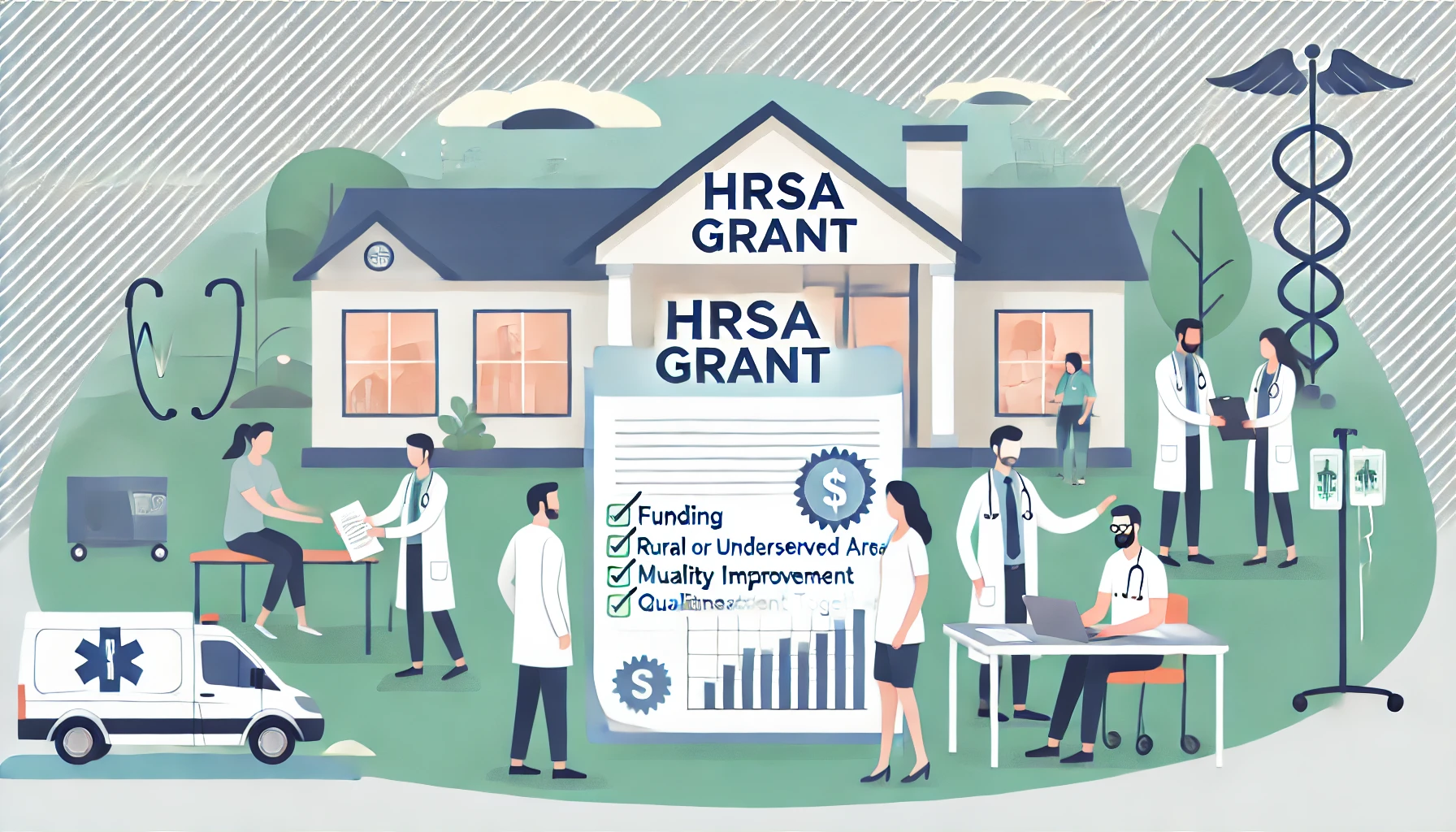
Table of Contents

Transparent Patient Care: The Importance of Disclosing Medical Errors
"Disclosing medical errors to patients fosters trust, transparency, and improves patient care, but requires thoughtful communication and support."
Transparent Patient Care: The Importance of Disclosing Medical Errors
Transparency in healthcare remains one of the most debated topics, especially when it comes to the disclosure of medical errors. Whether these errors represent minor mishaps or significant adverse events, their impact on patient trust, clinical outcomes, and medical culture is undeniable. A recent article titled "Disclosing Medical Errors & Adverse Events to Patients" published by TechTarget delves into why this aspect of patient-provider communication is so important and what challenges exist. Below, we'll break down the key points from the article and analyze some broader perspectives on the issue.
What Are Medical Errors and Why Do They Happen?
Healthcare, inherently complex, involves countless decisions and procedures daily. Within such a system, errors are almost inevitable. According to the TechTarget article, medical errors might include simple administrative mistakes, such as prescription errors, or severe complications, such as surgical mishaps or delayed diagnoses. While not all errors result from negligence, they still have profound implications for patient safety.
The article underscores the multifactorial nature of these events, which often arise due to:
- Communication breakdowns: Miscommunication between healthcare providers remains a leading cause of medical errors.
- Systemic challenges: Overburdened healthcare systems, inadequate training, or flawed processes can create an environment conducive to errors.
- Human limitations: Even the most skilled practitioners are not immune to occasional lapses in judgment or concentration.
While understanding why errors happen is critical, it also raises the pressing question: how should healthcare providers address these incidents when they do occur?
Why Disclosing Errors is Essential
The crux of the article centers on the importance of transparency through the disclosure of medical errors to patients. Advocates for disclosure argue that it fosters a culture of trust and accountability. Patients are more likely to trust their providers when they are upfront and honest about what went wrong, even when the news is difficult to share.
As the article highlights, many organizations, including the Agency for Healthcare Research and Quality (AHRQ), emphasize that transparency not only strengthens patient-provider relationships but can also reduce the likelihood of litigation. On the flip side, withholding information about medical errors can significantly erode trust, damaging reputations and patient satisfaction.
"Transparency is integral to patient-centered care. By openly discussing errors, healthcare systems demonstrate their commitment to accountability and learning," the article notes.
The Ethical Component
At the heart of this issue lies a deep ethical responsibility. Medical ethics principles, such as autonomy and beneficence, underscore the right of patients to know the truth about their healthcare experiences. Failing to disclose errors violates this fundamental duty, compromising patient empowerment and their ability to make informed decisions regarding follow-up care.
The Emotional Side
A notable aspect covered in the article is the emotional burden on healthcare providers. Many clinicians struggle to disclose errors due to fears of punitive consequences, guilt, and anxiety about how patients might react. Providing proper training and emotional support to caregivers is vital to striking a balance between transparency and accountability.
Barriers to Transparency
Despite the merits of disclosure, implementing it effectively remains a challenge. The article highlights several barriers that prevent healthcare providers from being more forthcoming:
- Fear of litigation: One of the most significant deterrents to error disclosure is the looming threat of malpractice lawsuits. Many providers hesitate, worrying that an admission could be used against them in court.
- Lack of training: Disclosing errors is inherently difficult and often requires nuanced communication skills. Unfortunately, many clinicians lack the proper training to handle these conversations effectively.
- Cultural resistance: In some healthcare settings, there's an ingrained "blame culture" where errors are met with punitive measures instead of constructive learning opportunities.
These barriers highlight the need for systemic improvements, including the creation of legal protections for transparent disclosures and fostering a more supportive organizational culture.
Does Transparency Always Equate to Better Outcomes?
While disclosure is widely advocated, it’s worth considering whether transparency always leads to better outcomes for all stakeholders involved. The article points to the concept of Communication and Resolution Programs (CRPs), where providers disclose errors and collaborate with patients to resolve the consequences. These programs have shown promising results in reducing litigation costs and improving patient satisfaction.
However, critics of such an approach bring up thought-provoking concerns:
- Could full transparency lead to increased patient anxiety, especially in cases of minor errors with no long-term health implications?
- Does knowing about an error always empower patients, or could it result in more confusion or fear about their ongoing care?
- How do we balance the need for honesty with the possibility of unintended harm from disclosure?
These questions underscore the complex dynamics of healthcare transparency. While disclosure is ethically sound, its practical implementation might require careful consideration of each patient's unique circumstances.
Steps Toward a Transparent Future
The article emphasizes that achieving transparency in healthcare requires multifaceted efforts, both at the individual and systemic levels. Here are some important steps discussed:
- Training healthcare providers: Clinicians must be equipped with the communication skills and emotional intelligence necessary to navigate difficult conversations about medical errors.
- Creating a blame-free culture: Focusing on systemic improvements rather than individual punishment can encourage healthcare workers to report errors without fear.
- Legal reform: Implementing protections that shield providers from punitive damages when disclosing errors in good faith can reduce the fear of litigation.
- Engaging patients: Involving patients in open discussions about safety initiatives and addressing their concerns proactively can help rebuild trust and shared decision-making.
Conclusion: Striking the Right Balance
The topic of medical error disclosure is as nuanced as it is important. While transparency undeniably fosters trust and aligns with ethical principles, it also requires careful navigation to ensure that disclosures are constructive rather than detrimental. As the TechTarget article aptly summarizes, “The ultimate goal of disclosing medical errors is to improve future care outcomes while preserving patients' dignity and trust.”
At the same time, it is crucial to recognize the challenges that make this a complex issue, from organizational culture to legal implications. As healthcare evolves, so too must the strategies we use to address errors and communicate them to patients. For readers, it's an opportunity to reflect: How can we balance openness with care? What measures should healthcare systems adopt to make error disclosure more practical?
To explore this discussion further, you can read the full article on TechTarget.

Why Every Hospital Needs a Quality and Patient Safety Program
Every hospital needs a quality and patient safety program to reduce harm, improve care, and foster a culture of accountability.
.png)
.png)

HRSA FQHC Requirements: A Comprehensive Guide for Healthcare Providers
When it comes to federally qualified health center requirements, there’s no shortage of regulations, expectations, and—depending on your perspective—opportunities.
.png)
.png)

Unlocking Funding: A Guide to Health Resources and Services Administration (HRSA) Grants
Use HRSA grants to fund external peer review programs that enhance care quality, reduce bias, and support compliance in health centers.
.png)
.png)



.png)
.png)
.png)






.png)